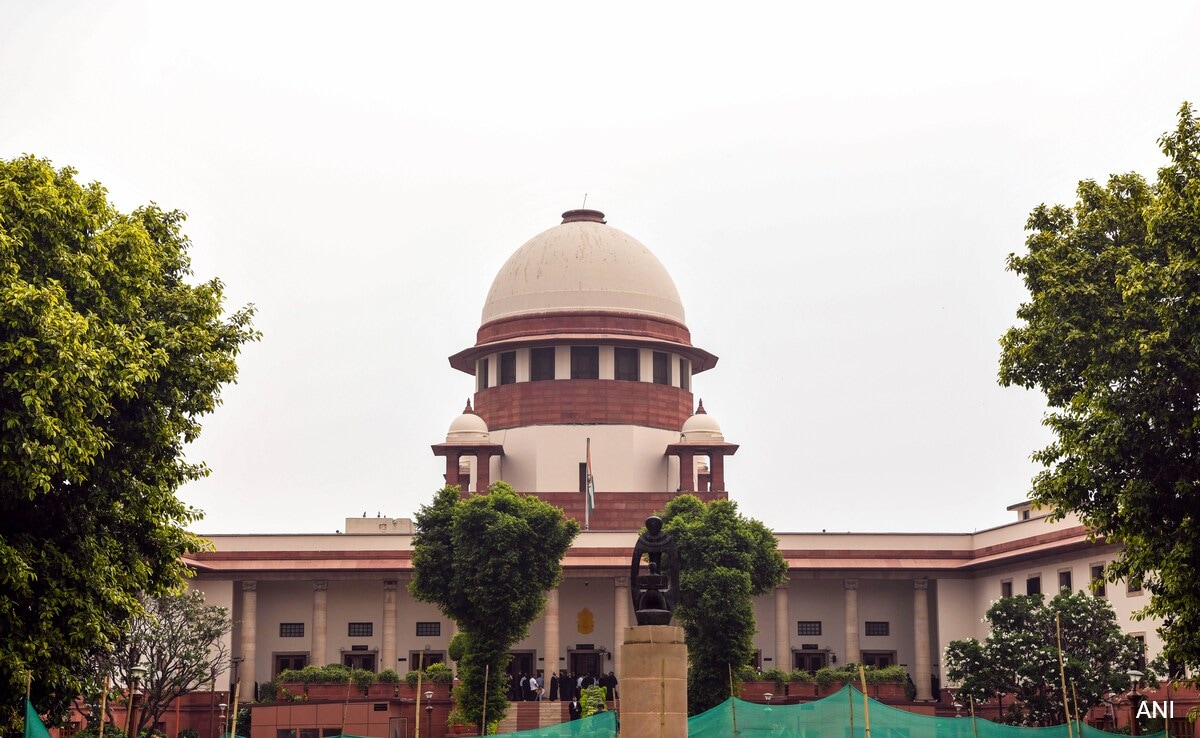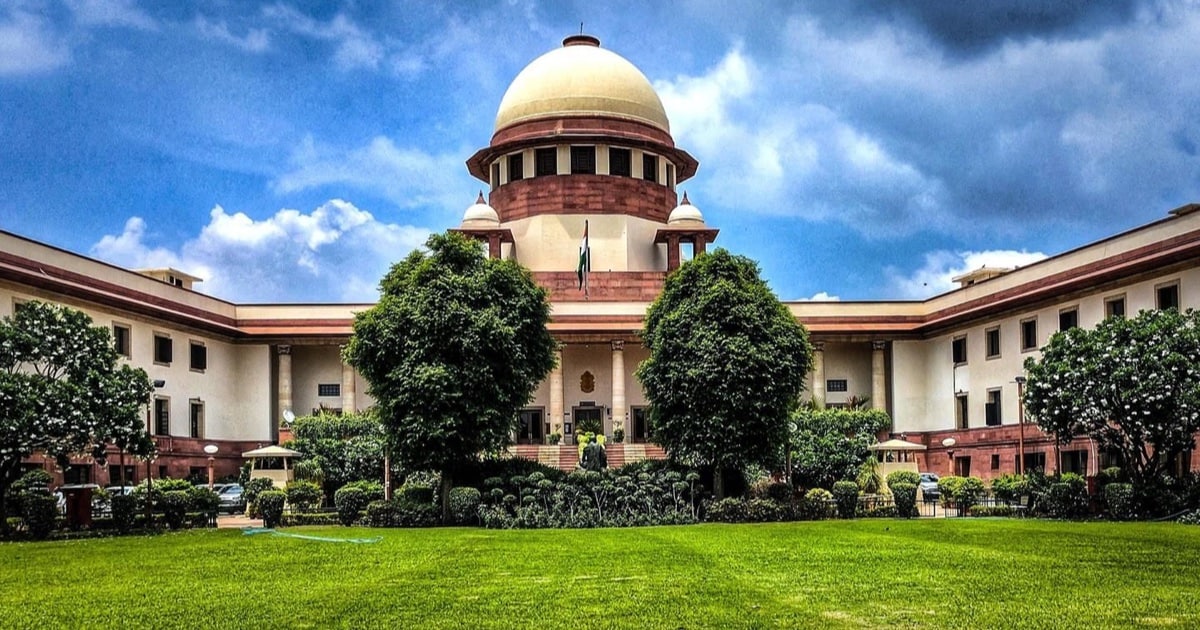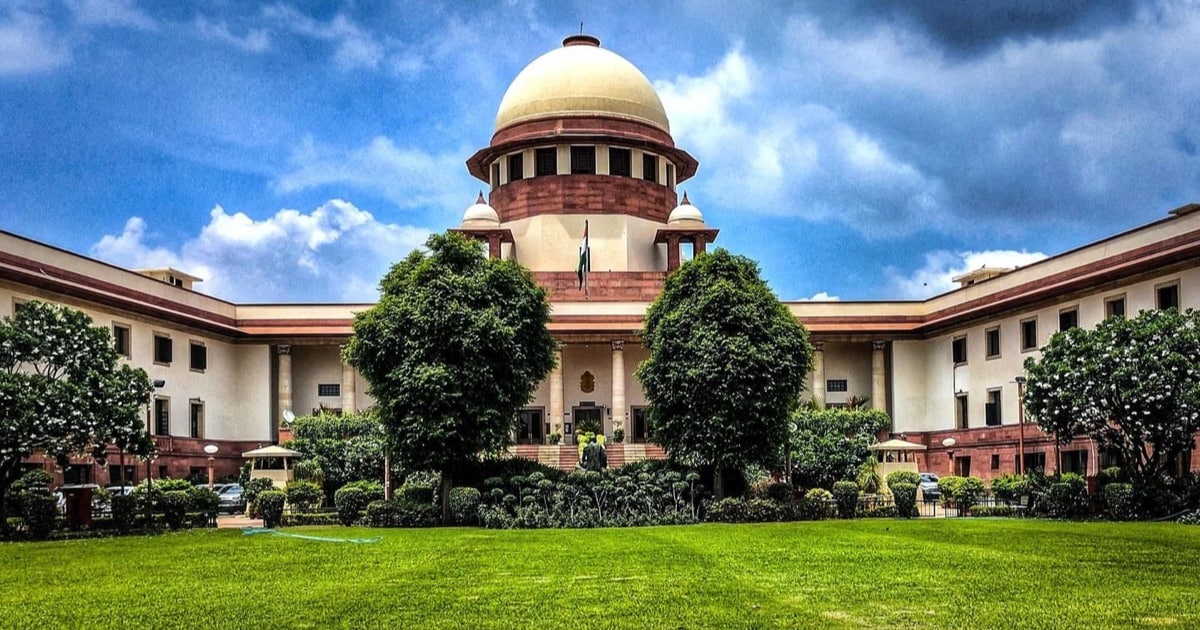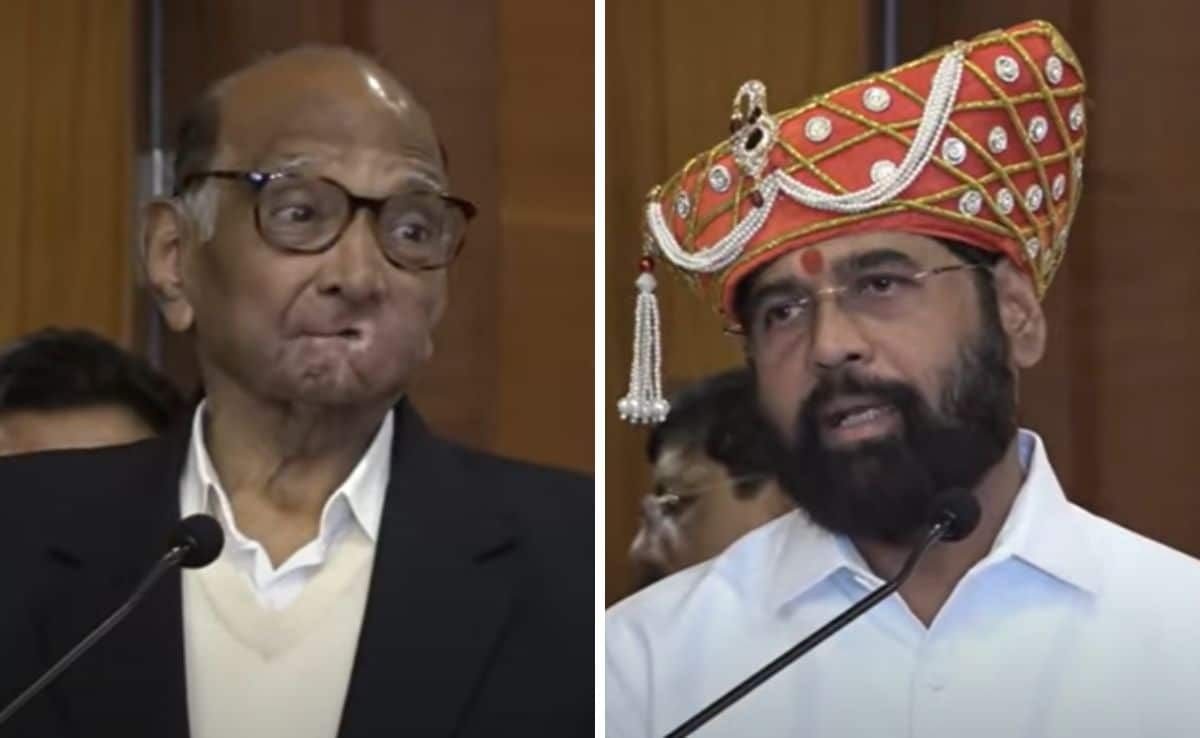The petitions against the appointment of the Chief Election Commissioner and Election Commissioners under the 2023 law will be heard by the Supreme Court on Supreme Court on February 19. The current Chief Election Commissioner, Rajiv Kumar, is expected to retire on February 18 and in view of the appointment of his successor, the court said “if anything happens in between, the consequences are “bound to follow”.
Advocate Prashant Bhushan, appearing for an NGO, told a bench of Justices Surya Kant and N Kotiswar Singh that earlier the pleas were scheduled to be heard on Wednesday but now they have been listed for hearing on February 19.
Mr Bhushan said the urgency in the matter is that Chief Election Commissioner Rajiv Kumar is scheduled to superannuate on February 18 and the government may appoint the new CEC under the 2023 law, which is under challenge.
“We are fixing the matter for hearing on February 19. If anything happens in the interregnum, then the consequences are bound to follow,” the bench said.
Appearing for NGO ‘Association for Democratic Reforms’, Mr Bhushan said the Supreme Court registry had informed them that as Justice Kant was unwell, the matter was posted for hearing on February 19.
The 2023 law gives the Centre a dominant role in the appointment process of Chief Election Commissioners and Election Commissioners.
The rule was that the CEC and the other two election commissioners will be picked by a Selection Committee comprising the Prime Minister, the Leader of Opposition in Lok Sabha and a Union Cabinet Minister to be nominated by the Prime Minister.
Under the new rule, retired bureaucrats, Gyanesh Kumar and Sukhbir Singh Sandhu were appointed as Election Commissioners days before last year’s Lok Sabha Election.
Earlier, it was the Chief Justice of India who was part of the panel instead of a Union minister. Critics say the inclusion of the Prime Minister and a Union minister gives the government more power and spoils the neutrality of the committee.




